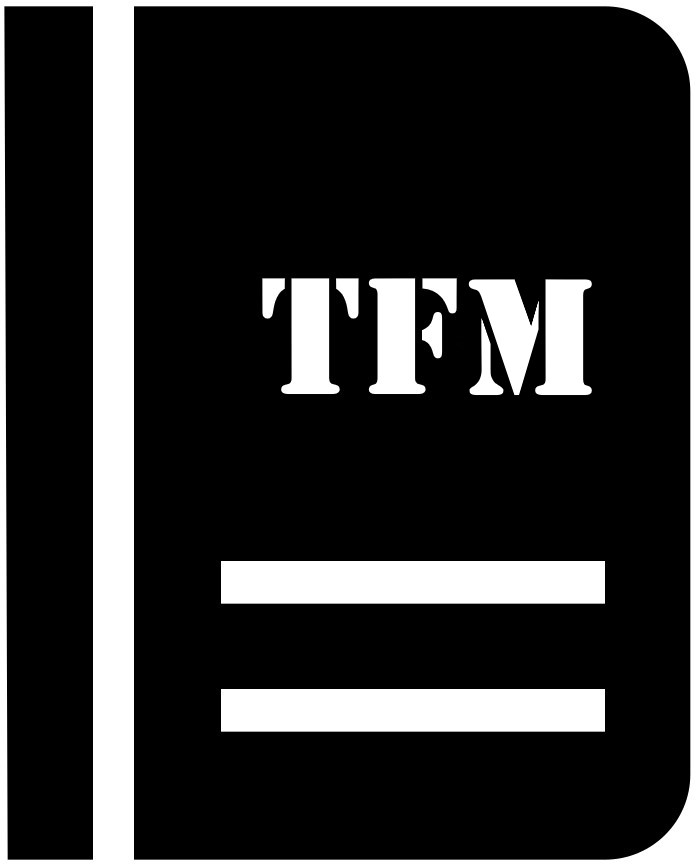|
Author Guarro Ferrer, Monica |
Abstract The development of new therapies for the treatment of lung cancer is crucial for achieving safer, more efficient and more robust treatments to improve patient’s survival. Exosomes have recently emerged as novel delivery systems due to their attractive natural origin, nanoscale size and intrinsic function of intercellular communication. However, there are numerous challenges that hinder their use as natural delivery systems. In this work, several of these challenges are explored, as the lack of standardized techniques for the isolation and purification of exosomes, by comparing filtration and differential centrifugation, as well as the lack of standardized methods for the characterization of exosomes, by comparing NTA and cryo-TEM techniques. Additionally, a defined manufacturing process does not yet exist, and some bioprocess parameters have been studied for the future definition of an exosomes manufacturing platform. For instance, the kinetic production of exosomes in A549 cells has been defined, the stimulation of the exosome’s natural production has been assessed, the adaptation of adherent cells to suspended cultures by a cell expansion in suspended microcarriers has been studied, and a storing method for the future clinical use of exosomes has been stablished. The importance of the cell origin when exosomes are delivered to other cells is still unknown and has been evaluated in the project as well. |
|
|
Director Borrós i Gómez, Salvador |
||
|
Degree IQS SE - Master’s Degree in Bioengineering |
||
|
Date 2020-09-10
|



